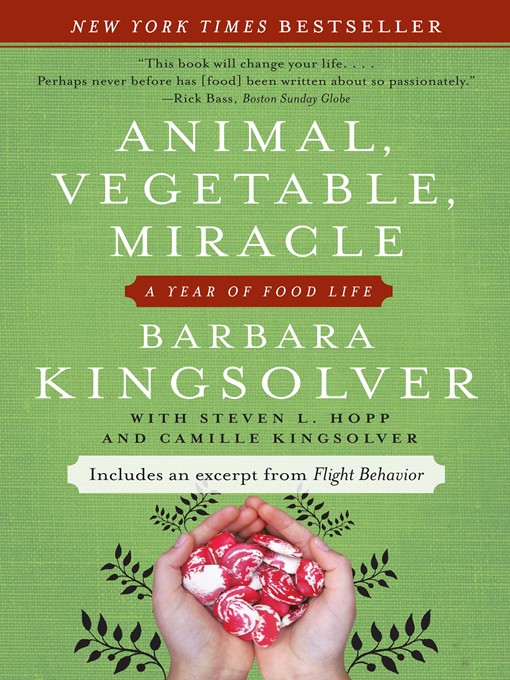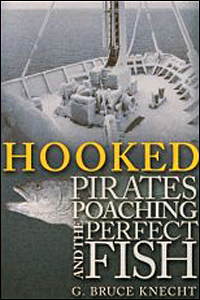 The Basics: In Defense of Food: An Eater's Manifesto, Michael Pollan, 2008, 244 pages, hardcover
The Basics: In Defense of Food: An Eater's Manifesto, Michael Pollan, 2008, 244 pages, hardcoverHow I found it: I read Pollan's last book, The Omnivore's Dilemma, a few years ago and loved it. In fact, I even named it best non-fiction of 2006. In The Omnivore's Dilemma, Pollan explores where our food comes from, but he doesn't really comment on what we should eat. I wanted to read In Defense of Food since it was promoted as commenting on what we should eat.
What's it about?: The sub-tile of this book is "An Eater's Manifesto", and this book really is a manifesto. Pollan attempts to convince us of his argument, then urges us to lead a quiet revolution through our food choices. The mantra for the book is "Eat Food. Not Too Much. Mostly Plants". Pollan begins by explaining that by "food" he means unprocessed natural foods, not the overly-processed, additive-addled pseudo foods that dominate our grocery stores, and that our grandparents likely would not have recognized as food. He examines the declining nutritional value of our food and challenges the science behind modern notions of what is nutritional. Overall, he advocates a return to whole, unprocessed foods that are better for us, and taste better.
Did I like it?: I enjoyed this book a bit because to some degree, I agree with Pollan: I'd like to eat more whole, unprocessed foods. I have a variety of minor stomach ailments, and find that I feel better when I eat unprocessed foods and cook from scratch. It was nice to see a pseudo-scientific and definitely logical explanation for why those unprocessed foods make me feel better. Some people may take issue with Pollan's condemnation of nutritional science, but I found it quite convincing.
Will you like it?: If you have read The Omnivores Dilemma, this is a good follow-up book. As well, if like many people, you are becoming interested in local eating and whole foods, this is a great book to read. As well, if you are the kind of person that has read a bunch of diet books, or tried a variety of diets, you might find the nutrition section of the book interesting since it debunks (or attempts to) a lot of the traditional diet literature.
But don't take my word for it: The usual publishers blurbs and reader reviews from Amazon, a review from the International Herald Tribune, one from the Wise Bread website, another from the London Times, and one from the LA Times.






